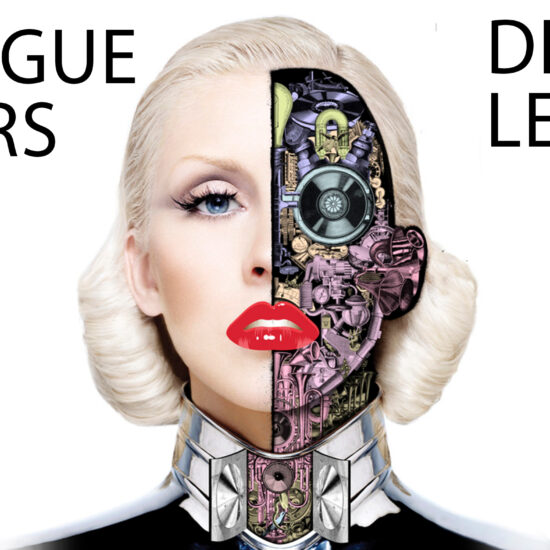In today’s digital age, effective leadership requires a unique set of skills and strategies. With technology rapidly advancing and changing the way we communicate and work, leaders must adapt to new challenges to succeed. In this blog article, we’ll explore the challenges of being an effective leader in the digital age.
- Communication
Effective communication is a key aspect of any leadership role, and in the digital age, it has become even more critical. With remote teams and digital communication tools, leaders must master a variety of communication channels to effectively convey their messages. Leaders must be able to communicate their ideas clearly and concisely across a range of platforms, including email, video conferencing, and instant messaging. They must also be able to understand and interpret nonverbal cues in a virtual setting to ensure effective communication.
- Managing Remote Teams
The rise of remote work has presented new challenges for leaders, particularly in terms of managing remote teams. Leaders must create a sense of community and collaboration among team members who may never meet in person. They must also ensure that remote team members have access to the resources they need to succeed. This may involve providing training on new technologies or tools to help team members work more effectively from a remote location.
- Staying Current with Technology
Technology is constantly changing, and leaders must stay current with the latest developments to remain effective. This may require investing in new tools or software to help streamline workflows and improve productivity. Leaders must also be able to evaluate the effectiveness of new technologies and assess whether they are a good fit for their organization.
- Managing Information Overload
In the digital age, leaders must contend with an overwhelming amount of information, from emails and instant messages to social media updates and news alerts. Leaders must develop strategies for managing information overload to ensure that they remain focused on their most important tasks. This may involve prioritizing certain communication channels or delegating tasks to other team members.
- Balancing Work and Life
The rise of digital communication has blurred the lines between work and personal life, making it more challenging for leaders to achieve a healthy work-life balance. Leaders must be able to set boundaries and prioritize their own well-being to avoid burnout and maintain their effectiveness.
In conclusion, being an effective leader in the digital age requires a unique set of skills and strategies. Leaders must be able to communicate effectively across a range of channels, manage remote teams, stay current with technology, manage information overload, and balance work and life. By mastering these challenges, leaders can thrive in the fast-paced, ever-changing world of digital business.
A great article centred around leadership and digital transformation here




